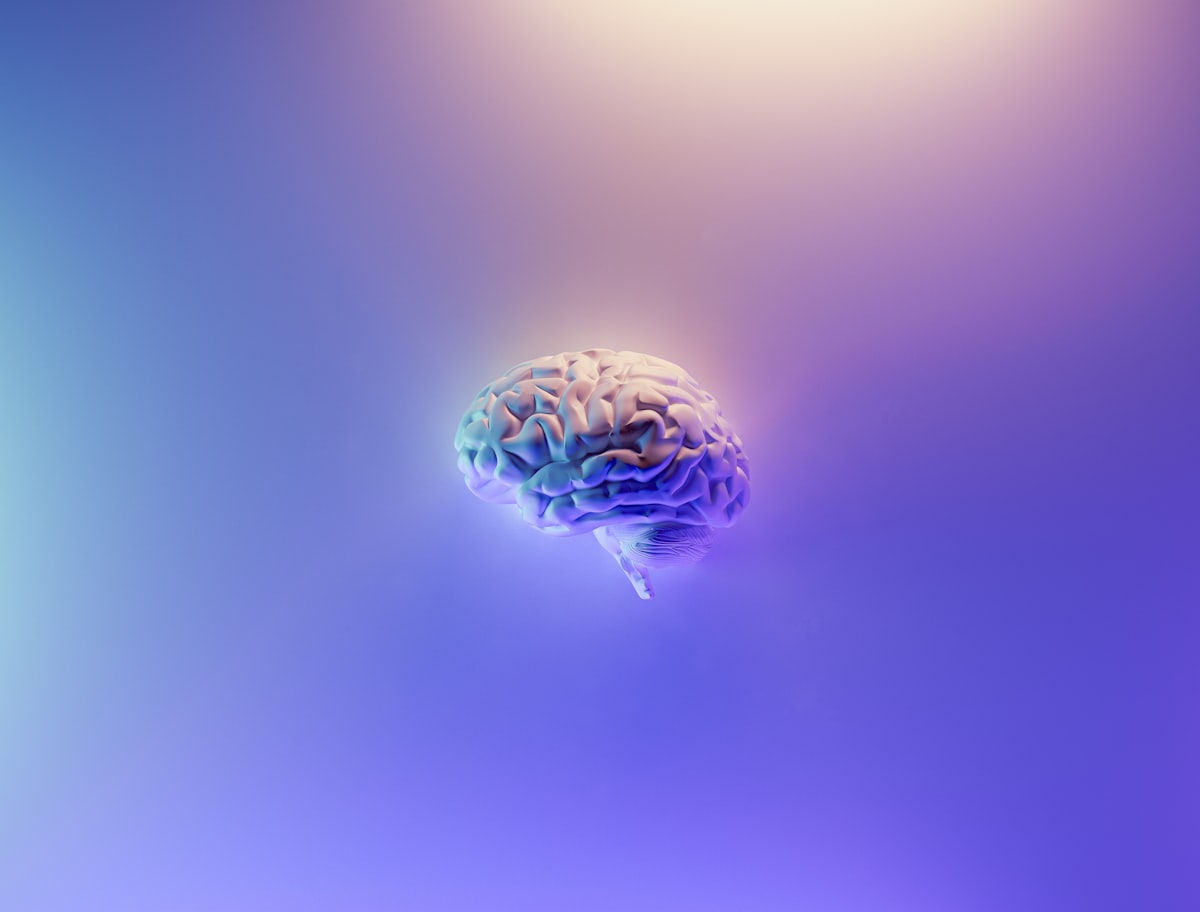What makes a scientist?

I have an irrational fear.
By referring to myself as an industrial psychologist or as a scientist-practitioner, someone, somewhere, is going to oust me.
Yet, by training and by trade, that is what I am. At the core of my work is the application of scientific principles. Like other scientists, I design research, propose hypotheses, and use statistics to test them. I even teach psychology to graduate students.
Yet, I don't have a Ph.D. I haven't published research in an academic journal. And although I completed a thesis, I only have a master's degree.
At times, my bones are riddled with imposter syndrome.
To this day, I'm constantly learning new things and still making plenty of mistakes. There is a good chance that the problem I'm currently solving is one I am solving for the very first time.
That doesn't feel very scientific to me.
But if you replaced my degree with a Ph.D. and added a couple of publications, does that suddenly make me a scientist?
If not, how many more publications would it take? Do I have to publish as lead author?
What if I did all of this, but the work I have done, the science I have conducted, is bad science. What if I p-hacked my way to my result?
Would that make me any less of a scientist?
What if I had no degree at all? No formal education–only a library and a deep yearning for the truth. What if I self-taught everything I know? What if, without any credentials, I conducted the most methodologically sound, empirically tested, independently verifiable, falsifiable, and sufficiently replicated scientific work ever published with novel findings that could change the course of my field forever?
Would that make me a scientist?
The philosopher Karl Popper says scientists should continuously attempt to prove themselves wrong. This method, called falsification, is what leads to scientific progress–because however many instances of confirmation there may be for a theory, it only takes one to falsify it. Falsification leads to new theories. This, according to Popper, is science.
So as much as I have a hard time coming to terms with the fact that I don't have the credentials of a typical scientist, if I ever want to be, I must prove myself wrong.
